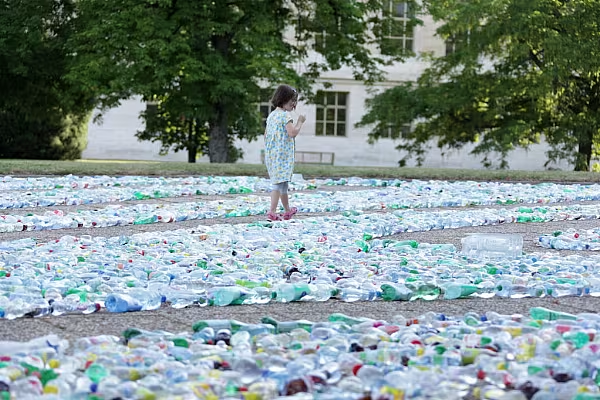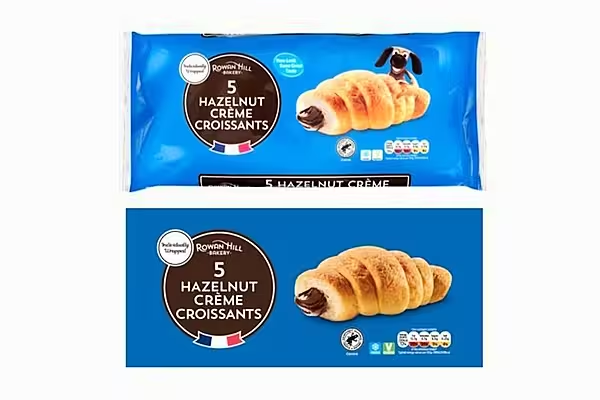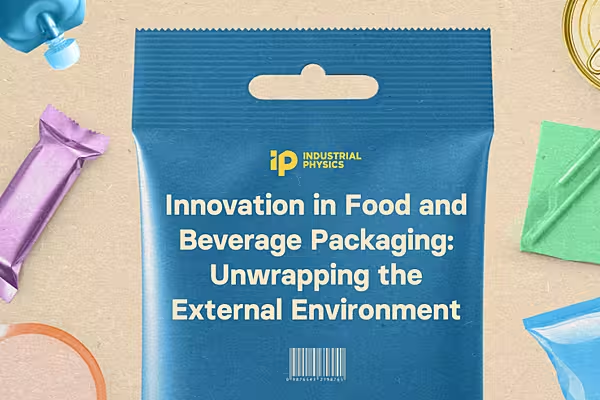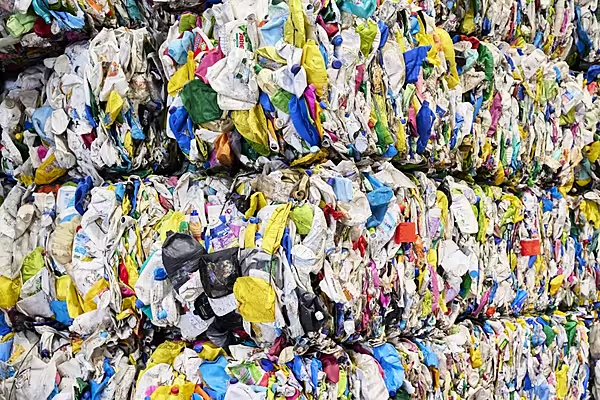If high-level investors ceased backing the production of fossil-fuel plastics, the plastic pollution crisis around the world could be resolved, according to a new report from Australian non-profit the Minderoo Foundation.
The report identifies 40 institutional asset managers and global banks who hold more than $300 billion (€253.2 billion) worth of shares in the parent companies of polymer producers, and loaned almost $30 billion to the production of single-use plastics since 2011.
A separate recent study by PA Consulting found that consumers are 'confused' about plastic recycling, with many holding brands responsible.
Dramatic Change In Habits Needed
According to the Minderoo Foundation, a dramatic change in the habits of these 40 stakeholders away from fossil fuels-based plastics and into circular economy alternatives would ease the current plastic waste crisis.
The non-profit calls on a greater emphasis to be placed on the ‘re-use’ market, as it is set to outperform single-use systems both environmentally and economically. In addition, the group claims that the polymer production industry is 'sustained by the financial sector in a speculative model that has now shown its limit'.
Unlike the current linear economy model, which is based around a 'take-make-waste' model, a circular economy-based re-use model aims to remove waste from the design process altogether and ensure all materials and products stay within the system to be used again and again.
In packaging, re-use models typically differ in terms of packaging ‘ownership’, where the ownership of the packaging shifts from consumer to producer. In practical terms, examples of a circular economy include packaging being picked up from consumers' homes, consumers refilling their reusable container on-the-go, and consumers subscribing to a certain product to be delivered to their address at a regular interval.
According to the Foundation, 20 polymer producers accounted for more than half of all single-use plastic waste generated globally in 2019, with the top 100 accounting for 90%.
With the backing of banks and institutional asset managers, the level of investment into these businesses is estimated to be as much as 100 times that of companies seeking to promote a circular economy mindset. With this in mind, polymer producers are not inclined to move away from virgin feedstocks to reusable plastic.
Halt New Investment
The Minderoo Foundation's most immediate recommendation is for banks to immediately halt new investments in the growth of polymer production from virgin fossil fuels.
Without decisive action, it said that the annual flow of plastic into the ocean will nearly triple by 2040 to 29 million metric tonnes per year, on average.
Designing systems for reuse is a yet more important and more immediate solution to the issue, with only 10% of the plastic produced since 1950 having been recycled.
According to the Foundation, banks need to be made clear on the dangers posed by continued plastic production, and nudging them to invest in re-use solutions will play a key role in minimising the damage of plastic pollution.
Reusable Packaging On The Rise
In order to achieve this, one factor that could incentivise financial backers to switch is being made aware of the strides made in the reusable packaging sector, with the market anticipated to experience continued growth and register $145 billion in sales by 2026.
Major consumer goods companies are starting to explore reusable solutions and are partnering with promising re-use initiatives and businesses, while long-term solutions that are actually more beneficial for the producers of sustainable packaging on a cost-effective basis are being adopted.
According to a recent survey from Accenture, more than half of respondents said they would pay more for sustainable products that are designed to be reused or recycled, making the switch a no-brainer. It remains to be seen if these mutually beneficial solutions will be adopted and invested in by the world’s largest financial operators. [Photo by United States Mission Geneva of Mona Sfeir’s “Recycling Labyrinth”. CC BY-ND 2.0]
© 2021 European Supermarket Magazine. Article by Conor Farrelly. For more Packaging news, click here. Click subscribe to sign up to ESM: European Supermarket Magazine.














